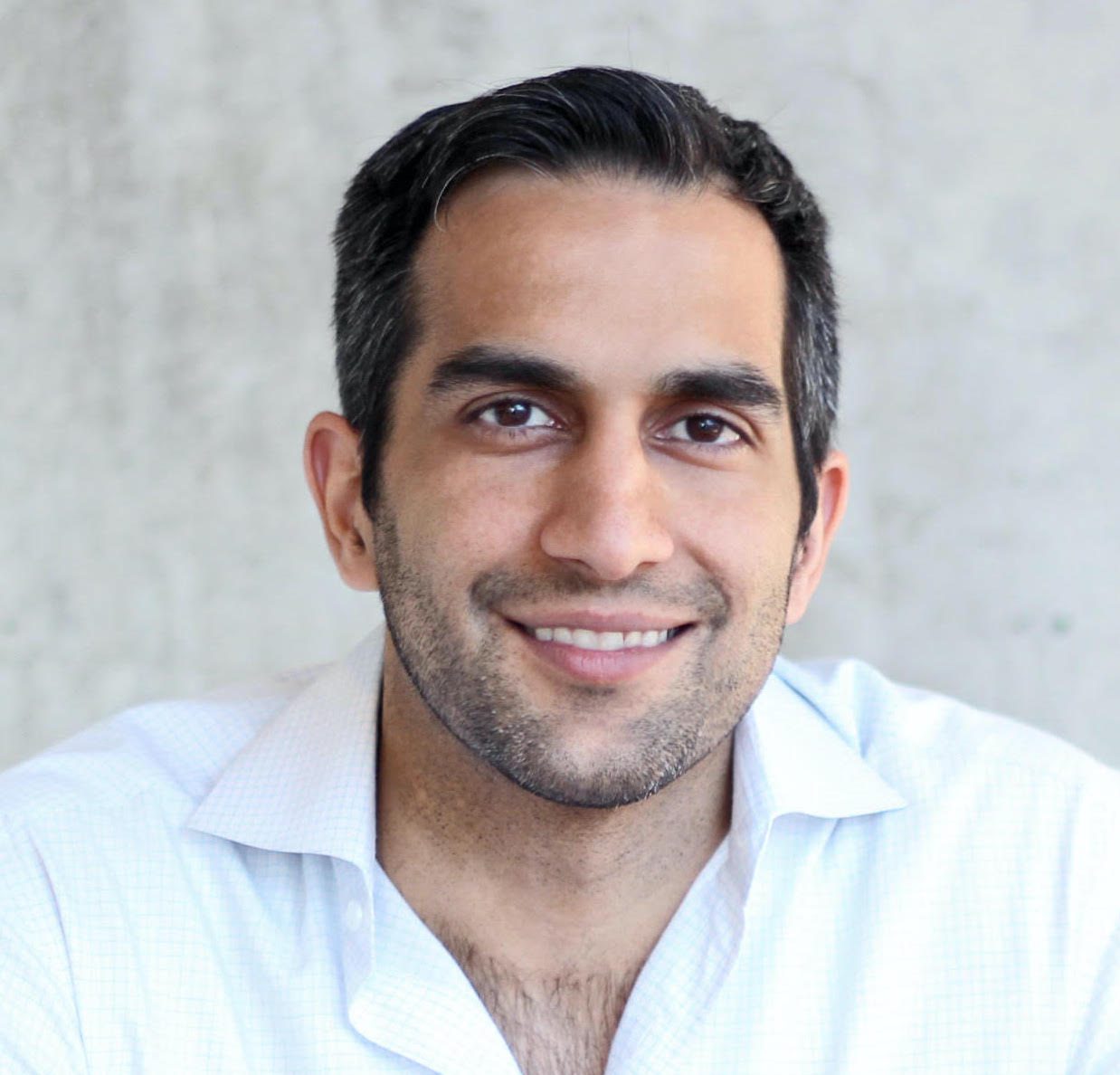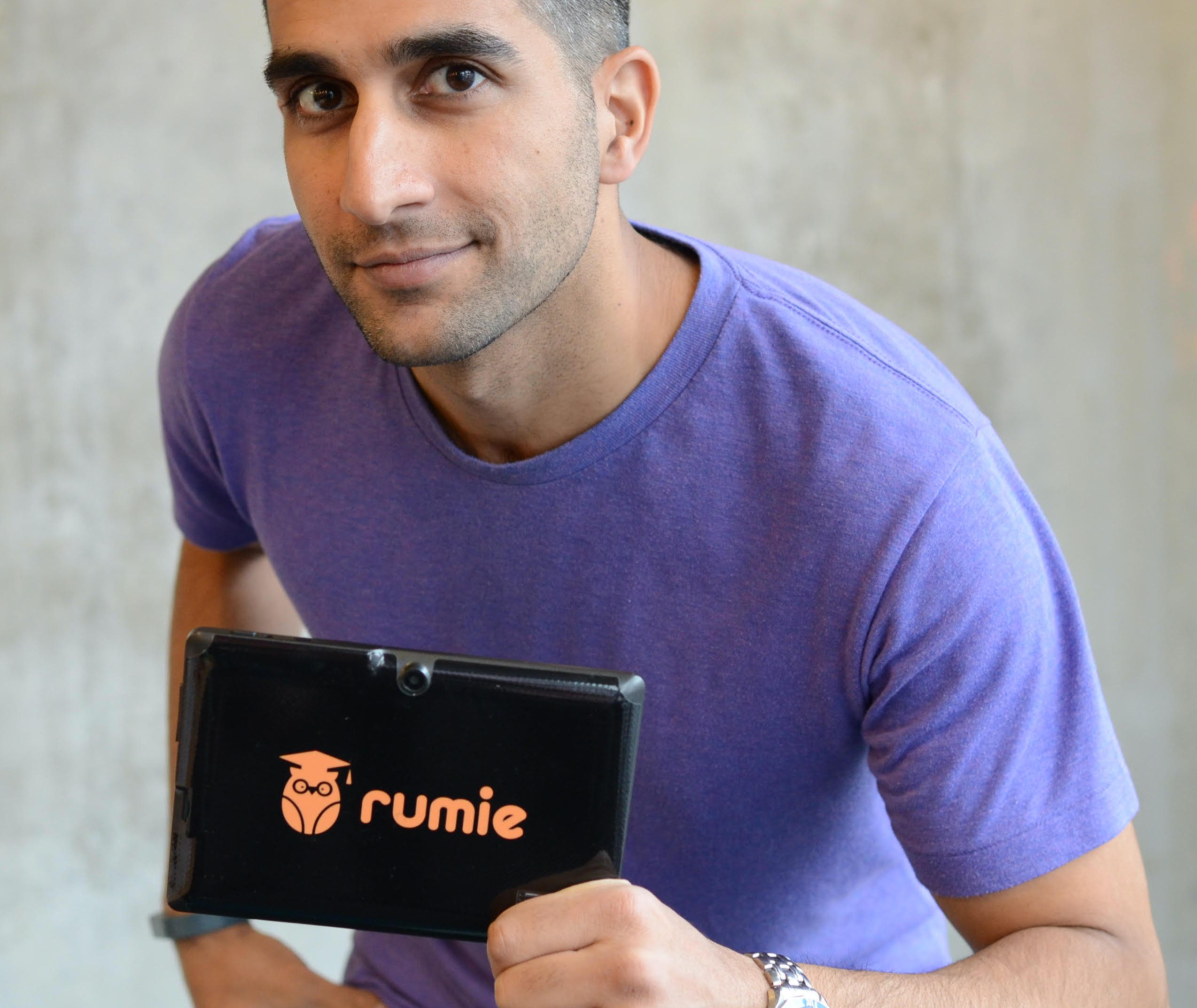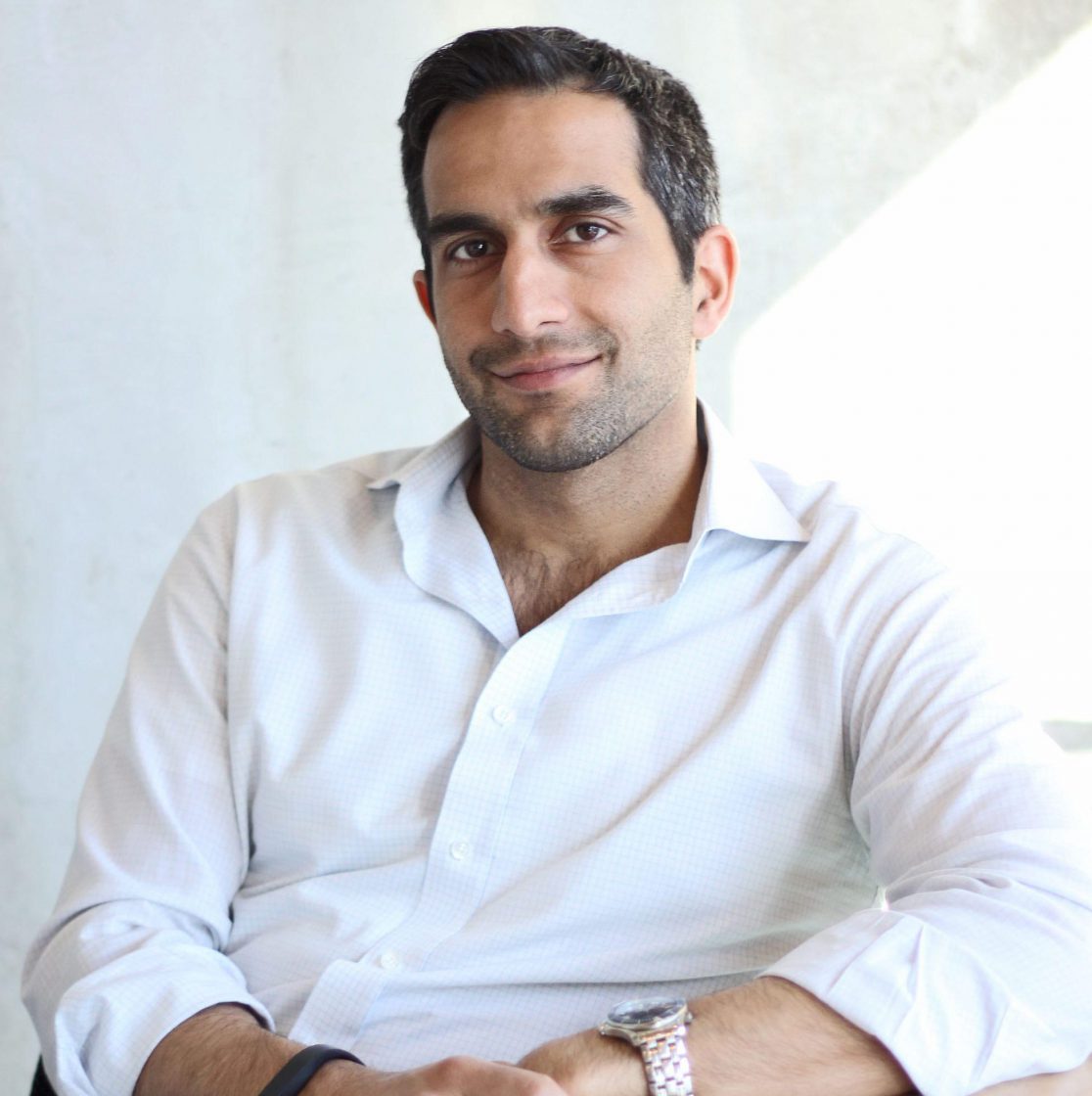People Spotlight

Tariq Fancy
FOUNDER, RUMIE
All humans have incredible potential. However, not all humans have equal access to the learning tools to allow them to realize that potential. Rumie is a technology-enabled online movement to lower the barriers to learning for everyone, everywhere, and especially in underserved communities worldwide.
“All humans have incredible potential. However, not all humans have equal access to the learning tools to allow them to realize that potential.”
I founded Rumie at the end of 2013 after coming to a crossroads in my life. I had spent my career thus far in finance, at an investment firm that invested in and executed operational turnarounds of distressed and struggling companies. I learned a lot about different business models -- and in particular what makes certain approaches more successful than others. While the job provided me with a lot of insight, I felt an urge to spend my working life tackling society’s issues and focusing first on social impact.
“I felt an urge to spend my working life tackling society’s issues and focusing first on social impact.”

At the time, I was living between China and Singapore. I had left my job in finance to bring my turnaround experience to a new world, entrepreneurship, by joining a friend who had created a growing tech company in Singapore that was going through short-term financial difficulties. While I was still doing the familiar work of fixing a broken company, I was doing it in a brand new region and completely different industry, all of which gave me the mental space to slowly devise and hone the idea for Rumie. As I was thinking through the idea for Rumie, a close friend was diagnosed with stage four melanoma. Since it was so advanced, it unfortunately wasn’t a matter of if, but when. During the 2.5 years he fought late stage cancer, he committed to making the most of his time and founded a charity that made an incredible impact in Kenya (incidentally, where my parents were born and raised). His passion and end-of-life goals made me realize that I had an idea I believed in and shouldn’t wait to do it. When I returned to Canada, I founded Rumie and, shortly thereafter, joined the DMZ.
“Rumie lowers the barriers to learning, sharing expert knowledge from a growing movement of companies and people online with people who need to learn and build skills.”
Rumie lowers the barriers to learning, sharing expert knowledge from a growing movement of companies and people online with people who need to learn and build skills. Everything is open and free for everyone and delivered via microlearning modules best suited for modern learners. Since Rumie is non-profit, I wasn’t sure if it would be a good fit at the DMZ. But I was interested in the DMZ since I wanted to avoid the style of a traditional non-profit, which many find slow and risk-averse, and make this more like the creative, aggressive and fast-moving technology startup that it needed to be in order to succeed. Luckily, I soon found that what unites founders at the DMZ is not their business model, but rather their passion to solve a problem. And the DMZ helped me build Rumie into a creative and quick tech startup -- but uniquely wrapped with a focused and purely social mission, a new breed of organization that I believe the non-profit community could use more of in a variety of different areas today.
“DMZ helped me build Rumie into a creative and quick tech startup -- but uniquely wrapped with a focused and purely social mission.”
The DMZ fast tracked our growth in many ways. The conversations I had with other founders – learning about different payroll systems, accounting software, insurance, hiring practices, using remote developers, and on and on – seem as if they’re about small things, but in fact these sorts of backroom tasks were taking up a huge amount of my time. Moreover, the access to mentors helped me get advice where I had knowledge gaps.
“I knew I wanted to do something bigger than myself.”
For me, making the leap from corporate life to founder life felt great in the end. For many years, I knew I wanted to do something bigger than myself, and then when my friend passed away, I got the perspective I needed to move into action. Although it felt risky and scary, I knew the impact Rumie would have on people’s lives around the world needed to outweigh my fears about trying something new. If you’re in a similar place right now – wondering whether or not now is the right time to start something – I urge you to go for it. Don’t wait for tomorrow. If you’re really convinced it’ll work, why not give it a shot today?

